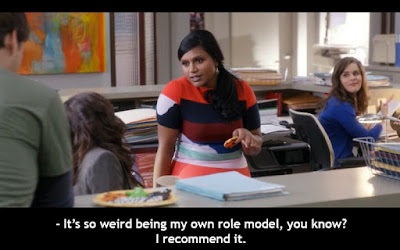If you follow celebrity news as ardently as I do, you probably already know Selena Gomez has lupus.
But because I realize not everyone keeps up with the Kardashians and checks TMZ on the regular, let me catch you up. About a year or so ago, Selena Gomez (former Disney star, current pop star, for the truly uninitiated reader) went on the Ellen Show and announced that the reason she’d been MIA from the spotlight was that she’d been undergoing chemotherapy to treat her lupus. It also explained the weight gain that paparazzi and some rude 12 year olds had been hounding her for. “Selena Gomez has lupus” made headlines for a few days, and then everyone by-and-large stopped discussing it.
Until now–– Selena’s autoimmune disease has twitter abuzz again because she’s taking time off of her tour because of it. I commend anyone who chooses to go through their chronic illness in such a public forum, whether it’s educating a stranger at a party or educating millions of fans via Instagram. But Gomez is taking it one step further in my mind and making it all that much more admirable.
The singer’s statement doesn’t just say she’s taking time off due to physical symptoms, but rather specifies that she’s struggling with anxiety, panic attacks, and depression, all of which have stemmed from her disease. She easily could’ve pinned her problems on strictly physical stress, but she’s going one step forward and tackling the mental health stigma while she’s at it.
I have a hard enough time dealing with the trials and tribulations of a chronic illness, and I work a normal 9-5 and spend most of my free time resting. I can’t imagine the toll a world tour would take on someone with an autoimmune disease. And with that physical toll, as any sick person can tell you, comes a mental hurdle that can be even tougher to clear.
When you’re sick, it’s hard not to be anxious–– you have to think about everything. Any scenario that might happen has to be planned for. There’s also anxiety present in the fear of letting others down: is my sickness making my friends and family’s lives harder? And there’s the ever-present anxiety over what people think of you: do they think I’m talking about my illness for attention? Do they think I should be pushing myself harder to be normal? Do they think my illness is my fault?
For a celebrity, I imagine the fear of what people are thinking and saying about you is magnified on a global scale. And while I just sit here and wonder if people are saying something bad, Selena Gomez can pick up a tabloid and see the things they’re saying about her.
And when all of that anxiety and physical illness compounds on itself, it’s no wonder that so many chronic illness patients deal with depression. Having to put your life (or your successful world tour) on pause because you’re too sick can make you feel pretty hopeless. It’s easy to go down a mental black hole and think you’ll never get out.
But here’s why Selena’s case is relevant to everyone–– she’s doing the exact best thing she can be in this scenario. She’s listening to her body and mind and taking time to rest, even when I’m sure doing so was a difficult decision. She’s refusing to let expectations dictate her health. And not only that, she’s being open about her experience. Rather than claiming exhaustion or hiding behind some PR-spin excuse, she’s sharing her experience with lupus (and the mental illness that goes with it) with her fans and the world.
I heard that after her announcement, searches for “what is lupus?” went up exponentially. The more people with a platform use it to create awareness for autoimmune disease, the less patients have to suffer. So if you’re feeling braver than usual and want to educate others on your illness, channel your inner-Selena Gomez. Just don’t run out and try to date Justin Bieber, okay? Kid seems like bad news.








